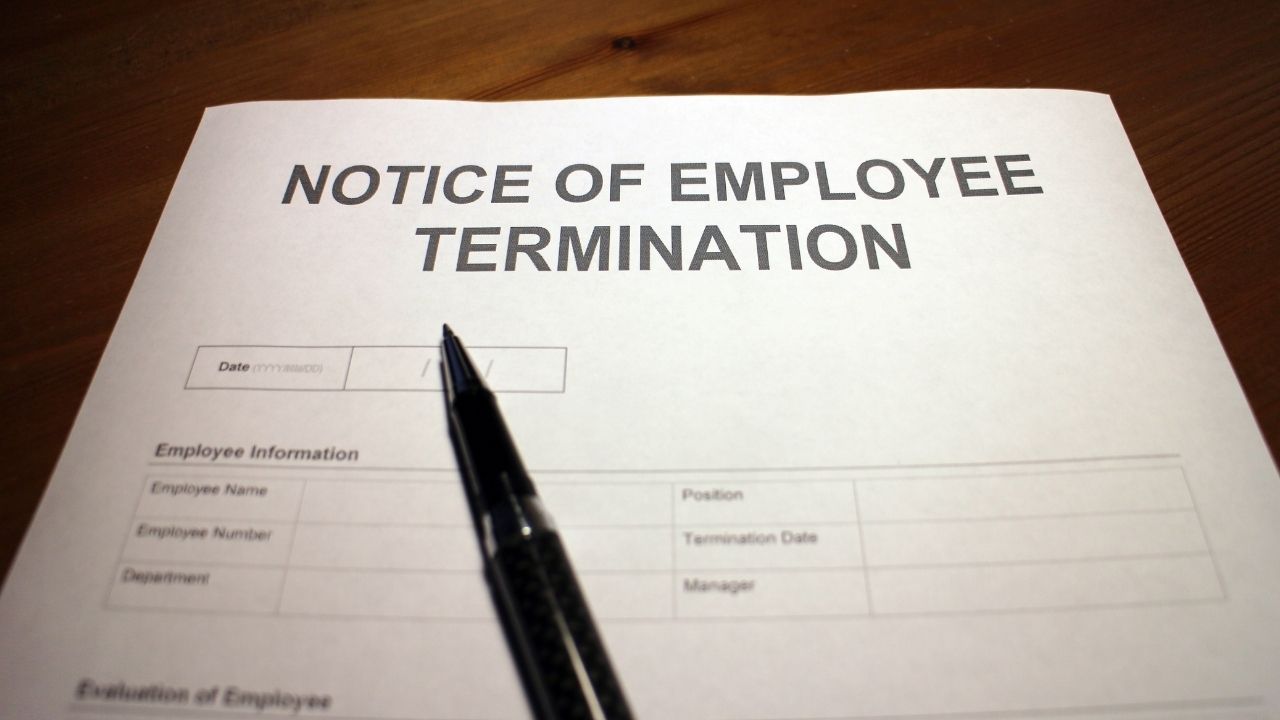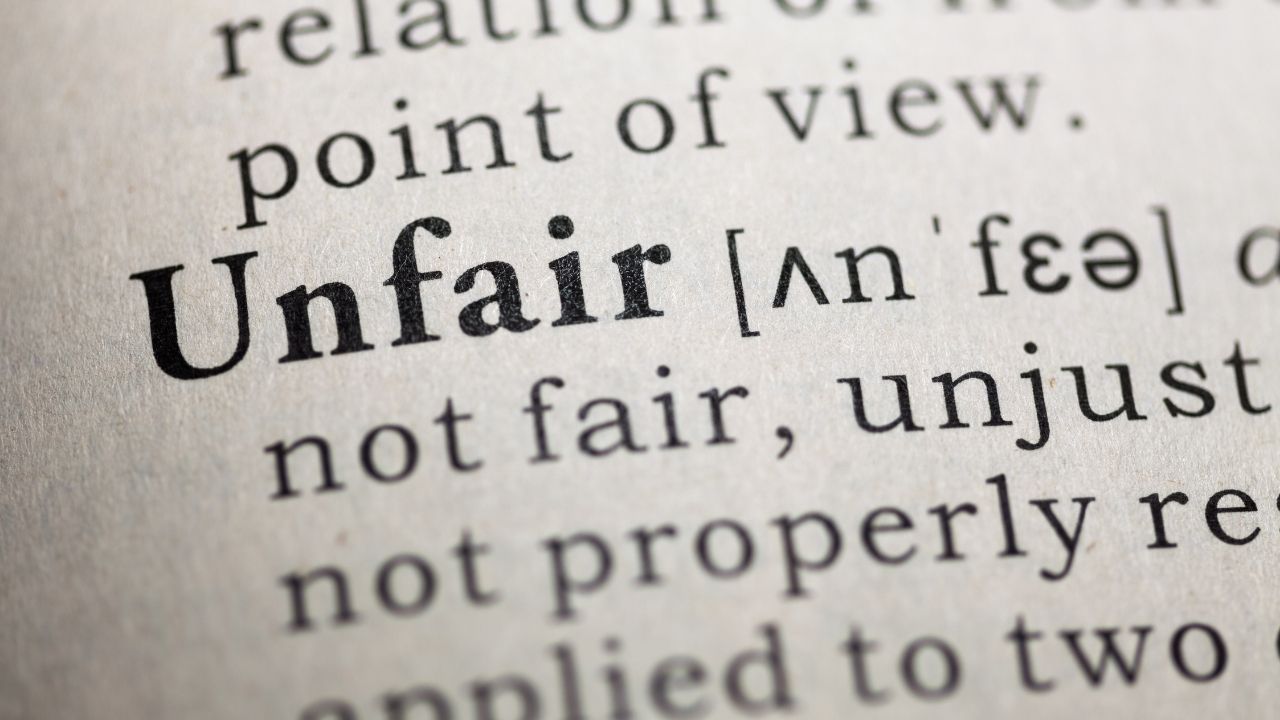Overview
On January 31, 2023, the Employment and Labour Relations Court of Kenya delivered a significant ruling in Shop & Deliver Limited t/a Betika v Njagi (Miscellaneous Case E145 of 2022), addressing the legality of withholding an employee’s terminal dues pending a criminal case. This case serves as a critical reminder for employers to adhere strictly to statutory provisions and procedural requirements when making deductions from employee wages.
Background
Shop & Deliver Limited, trading as Betika, employed the Respondent as Head of Technology from December 27, 2017, until his termination on August 12, 2022. Following allegations that the Respondent stole Kshs 11,007,393 between January and February 2022, Betika terminated his employment for gross misconduct and withheld two-thirds of his terminal dues (Kshs 8,375,050.43) pending the outcome of a criminal case for stealing by servant (Criminal Case No E429 of 2022). Betika sought court affirmation of this decision through a notice of motion filed on September 23, 2022, citing Section 19 of the Employment Act, 2007, as justification.
The Respondent opposed the application, arguing that it was incompetent due to the lack of a substantive claim, such as a petition or statement of claim, and that withholding his dues violated his constitutional right to a fair trial and presumption of innocence under Article 50(2) of the Constitution. He further contended that his termination was unfair and that Betika’s actions were malicious and unlawful.
Court’s Findings
The court, presided over by Dr. Jacob Gakeri, dismissed Betika’s application on two primary grounds:
- Unlawful Withholding of Terminal Dues: The court ruled that Section 19 of the Employment Act, 2007, does not permit deductions from an employee’s wages based solely on a pending criminal charge. Section 19(1)(b) allows deductions for damage or loss of property due to an employee’s willful default, but the court clarified that “property” does not include money, and culpability must be established, not merely alleged. Since Njagi’s criminal case was pending, Betika’s unilateral decision to withhold dues was deemed unjustified and unlawful. The court emphasized that a charge sheet does not constitute proof of guilt, and Njagi retained his constitutional presumption of innocence.
- Incompetent Application: The court found that Betika’s application lacked a substantive legal basis, as it was filed as a miscellaneous application without an underlying claim or petition. The court held that substantive reliefs, such as affirming an employer’s decision to withhold dues, require a formal suit to establish the parties’ rights and obligations. Citing precedents like Tatecoh Housing & Co-operative Sacco Ltd v Qwetu Sacco Ltd [2021] eKLR, the court dismissed the application for lacking procedural anchorage.
Implications for Employers
This ruling underscores several key lessons for employers:
- Statutory Compliance: Employers must strictly adhere to the conditions outlined in Section 19 of the Employment Act when making wage deductions. Deductions based on unproven allegations or pending criminal cases are unlawful.
- Due Process: Withholding terminal dues requires clear justification and, where applicable, employee concurrence or court approval. Unilateral actions risk being deemed unfair or malicious.
- Procedural Correctness: Substantive reliefs must be sought through proper legal channels, such as a claim or petition, rather than miscellaneous applications.
- Constitutional Protections: Employers must respect employees’ constitutional rights, including the presumption of innocence, and avoid preemptively penalizing employees based on unproven charges.
Recommendations
Employers should review their policies on wage deductions and termination procedures to ensure compliance with the Employment Act and constitutional protections. Before taking disciplinary actions involving financial penalties, consult legal counsel to verify statutory grounds and procedural requirements. Additionally, when seeking judicial relief, ensure that applications are supported by substantive claims to avoid dismissal on technical grounds.



